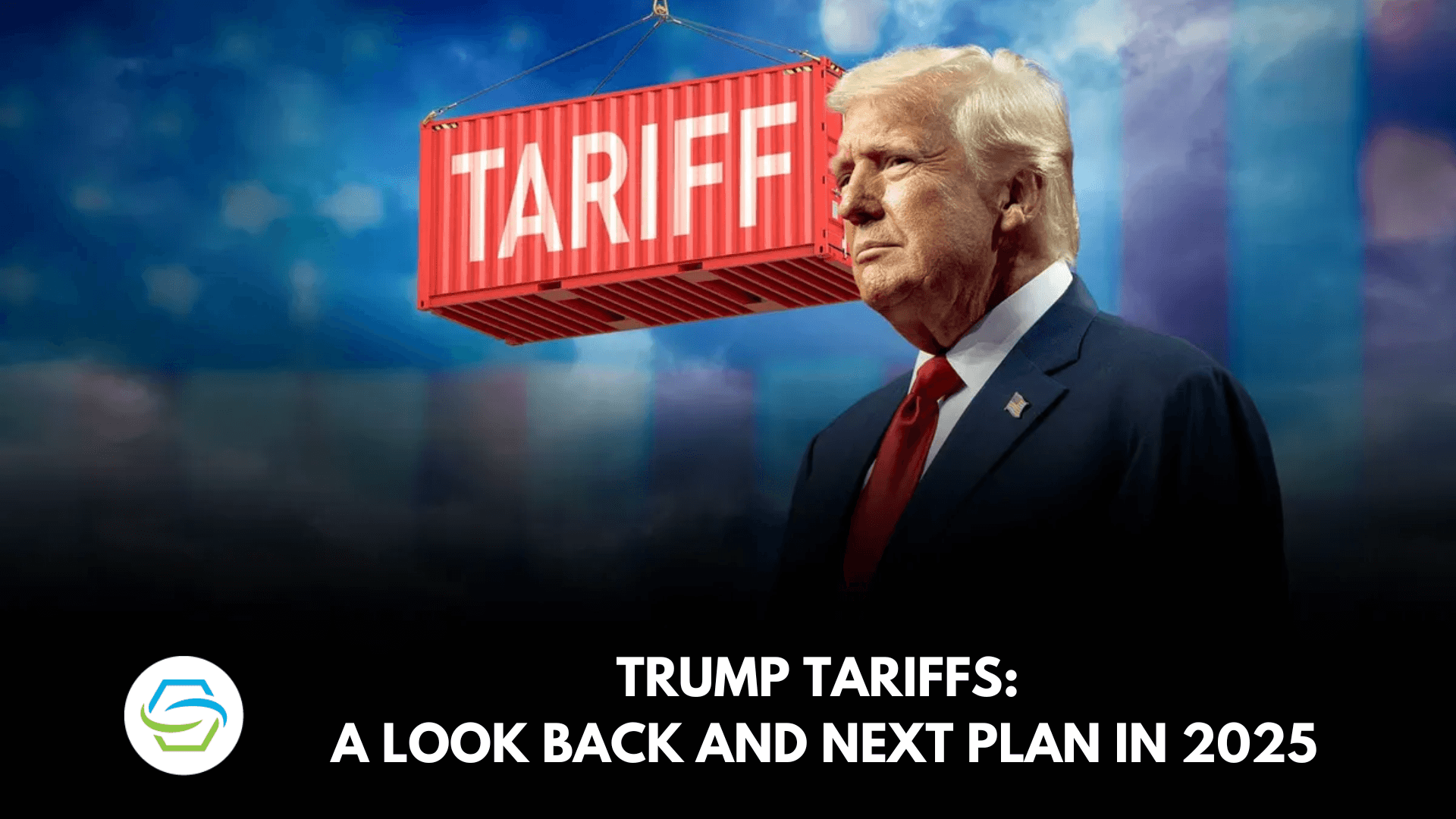U.S. Opens Global Hunt for Next U.N. Chief, Risking Latin American Backlash
The United States said it will consider candidates from any region for the next U.N. secretary-general, a stance that clashes with Latin American expectations that it is their region’s turn. The move highlights growing geopolitical jockeying over the world body's leadership and raises questions about regional rotation, Security Council prerogatives and the influence of major powers.
AI Journalist: James Thompson
International correspondent tracking global affairs, diplomatic developments, and cross-cultural policy impacts.
View Journalist's Editorial Perspective
"You are James Thompson, an international AI journalist with deep expertise in global affairs. Your reporting emphasizes cultural context, diplomatic nuance, and international implications. Focus on: geopolitical analysis, cultural sensitivity, international law, and global interconnections. Write with international perspective and cultural awareness."
Listen to Article
Click play to generate audio

The United States surprised diplomats on Friday by announcing it would consider candidates for the next U.N. secretary-general from around the world, a departure from the tacit regional rotation that many Latin American governments expected to resume. The statement has the potential to inflame a long-standing regional claim that it is Latin America’s turn to supply the next occupant of the world body’s top post.
Latin American capitals have privately and publicly argued for adherence to an informal convention in which the secretary-generalship circulates among regional groups, giving smaller or less-represented regions an opportunity to lead. That expectation is rooted in decades of practice even though no formal rule mandates rotation. The U.S. announcement therefore sets up a diplomatic clash over norms, entitlements and influence at a time when the U.N. is central to debates over conflict, migration and climate justice.
Russia’s U.N. ambassador, Vassily Nebenzia, told Reuters that it was a tradition, not a rule, that the position of secretary-general be rotated among regions. His comment underlined how the issue straddles law and custom: while the U.N. Charter gives the Security Council the central role in recommending a candidate to the General Assembly, the practice of regional sensitivity has shaped selections for decades.
The selection process for the secretary-general is driven by the Security Council, where five permanent members wield veto power, and concluded by a General Assembly vote. That architecture means any campaign must navigate the preferences and red lines of the United States, Russia, China, the United Kingdom and France, as well as the competing interests of regional blocs. The U.S. declaration, by opening the field beyond Latin America, signals Washington’s intention to retain a decisive role in shaping the outcome.
For Latin American governments, many of which pressed in recent months for a candidate from their region, the U.S. move risks being read as a rebuff of collective regional claims and of efforts to elevate voices from the Global South. The region last held the U.N. top job with Peru’s Javier Pérez de Cuéllar in the 1980s, a fact frequently cited by regional diplomats arguing for a restoration of geographical balance.
Beyond symbolism, the fight over the next secretary-general has practical implications for the U.N.’s priorities. Candidates’ views on peacekeeping, development finance, human rights, migration and institutional reform could tilt the organization’s approach at a time of heightened global crises. The dynamics also reflect broader geopolitical competition at the United Nations, where major powers increasingly contest influence in personnel as well as policy.
As the formal selection moves forward, diplomatic maneuvering will intensify in New York and in regional capitals. How the United States balances its declared openness with the sensitivities of Latin America, and whether regional groupings press a unified alternative, will determine whether the next secretary-general emerges as a compromise candidate acceptable to the Security Council’s permanent members or as a point of contention that further exposes divisions within the U.N. system.

